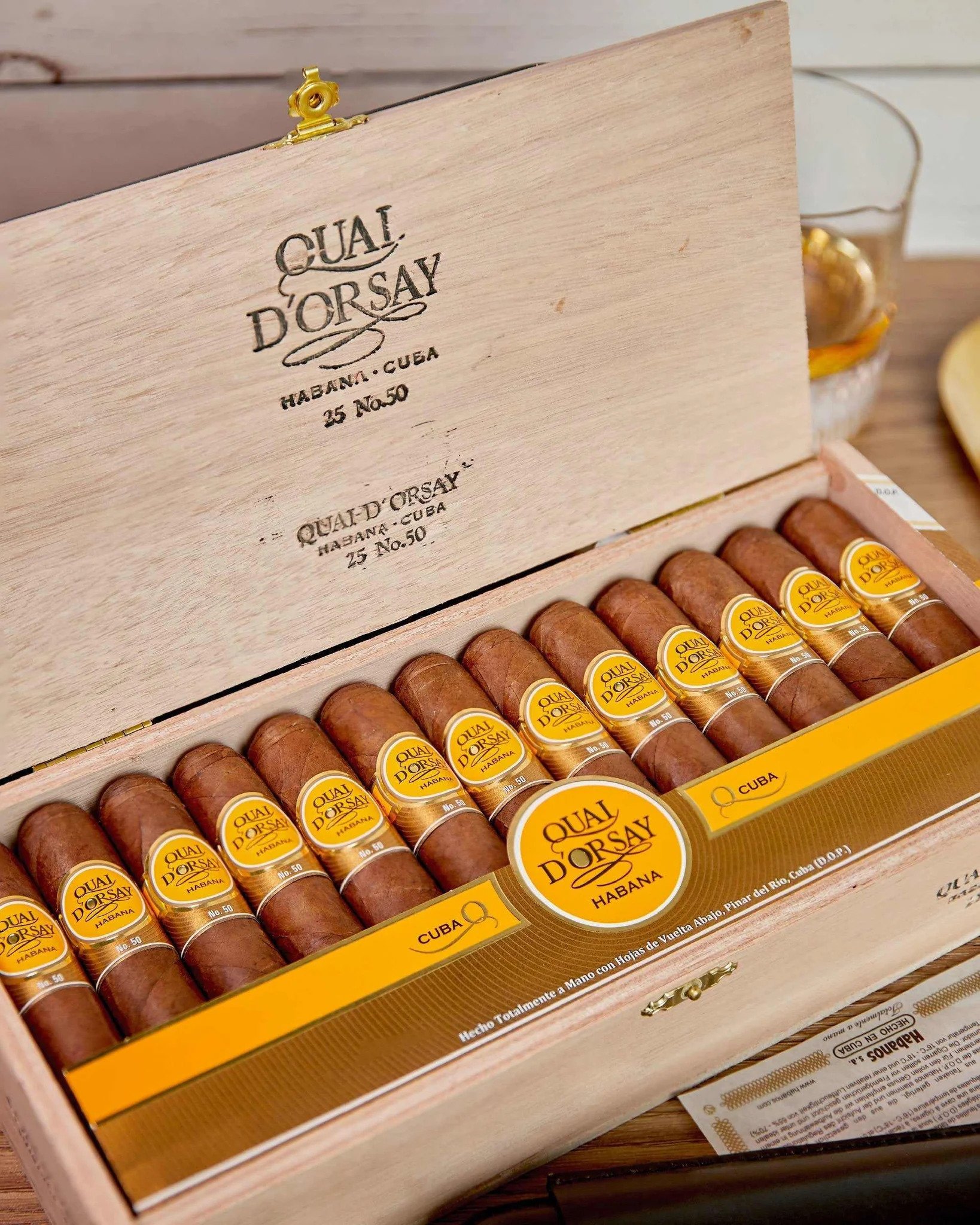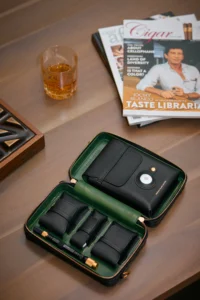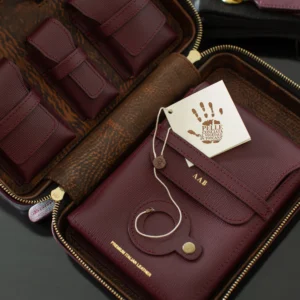Understanding Fake Cigars
Fake cigars are expertly crafted to mimic authentic ones, often misleading consumers. The spectrum of fakes ranges from those produced by large organised groups to individual counterfeiters. Interestingly, some cigars like special factory productions may be authentic but are often misidentified as fakes.
The Power of Authorised Distribution
Habanos S.A., the Cuban cigar authority, licenses import and distribution to specific territories. Regional License Holders and their distribution centres play a crucial role in ensuring the authenticity of your cigars. For example, in the UK, Hunters & Frankau has been the bastion of genuine Cuban cigars since the 1790s.
Navigating the Parallel Market
Legitimate entities operating outside authorised regions often comprise parallel suppliers. While they offer a variety of products, it’s important to remember that buying from these sources can sometimes lead to encountering counterfeit cigars, which lack opportunities for returns or quality control.
The Grey and Black Markets: A Cautionary Tale
Professional criminal operations, mainly from Central America and Asia, flood the black market with fake cigars. They often disguise themselves as legitimate parallel suppliers. Since 2010, Habanos S.A. has implemented individual barcode serial numbers on Cuban Cigar boxes to combat this issue, enhancing traceability.
The Many Faces of Counterfeit Cigars
It’s a surprising fact that all types of Cuban cigars can be and are being faked. This includes total fakes in fake packaging, replacement fakes in genuine packaging, and even genuine cigars with fake bands. Understanding these distinctions is key to making informed purchases.
Identifying the Culprits Behind Counterfeits
Ranging from high-volume black market organisations to small-time rollers, the creators of fake cigars are diverse. Some professional fake manufacturers, particularly in China, use high-quality printing techniques to create convincing packaging. In contrast, fakes from holiday destinations often show signs of low-quality craftsmanship.
A Global Problem: Where Fakes are Sold
The grey market and unscrupulous end-user sellers are often the outlets for these counterfeit products. In the USA, where there has been no legal avenue for selling Cuban cigars for many years, every link in the supply chain must be scrutinised.
The Buyer’s Guide: Retailers and Individuals
When buying cigars, assess the retailer’s reputation and guarantees. For individual sellers, consider the source and storage conditions of the cigars. This scrutiny can make all the difference in ensuring you receive genuine products.
The Importance of Cigar Condition
Cigars stored in suboptimal conditions can be as disappointing as fakes. Paying close attention to storage conditions, especially for aged or vintage cigars, is essential for a satisfying experience.
Stay Ahead: Subscribe for Insights
Subscribe to our mailing list for the latest research, industry insights, and tips on enjoying authentic Cuban cigars. As a welcome offer, receive 10% OFF on your first order with The Cigar Holder, your trusted source for genuine Cuban cigars.
More articles:
Buying Authentic Cuban Cigars: Your Ultimate Guide
How To Choose A Great Quality Leather Cigar Case
The Art Of Craftsmanship



